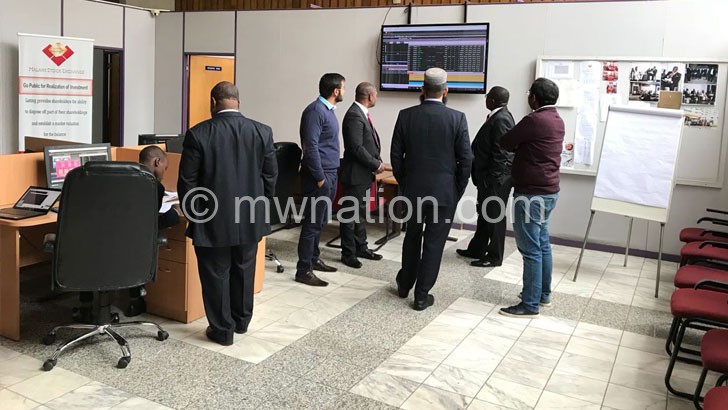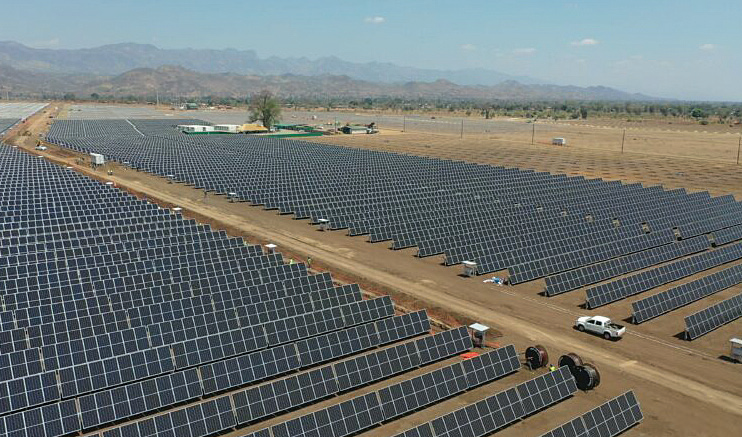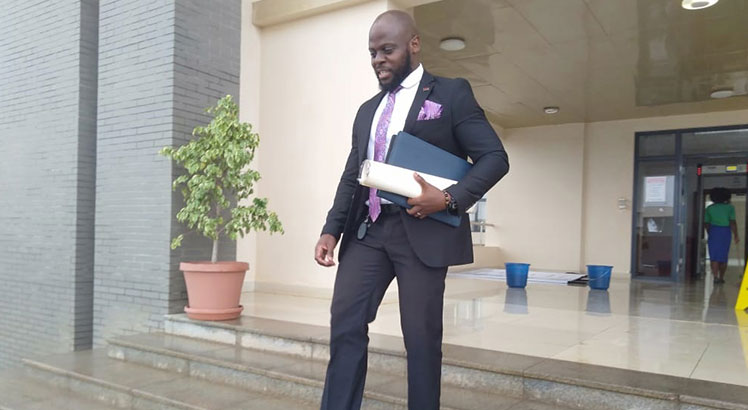Oxfam rues increased statutory expenditure
Oxfam in Malawi says expenditure on productive sectors needs to be a priority to avoid crowding out spending on development.
In its 2024/25 National Budget Proposal made available to Business News, in view of the pre-budget consultations Minister of Finance and Economic Affairs Simplex Chithyola Banda is conducting, Oxfam in Malawi expressed concern with the rising statutory obligations that includes wages and salaries, interest payments on debts, contributory pension and gratuities, among others.
The organisation said this development points to a welfare-focused national budget as opposed to production and investment-driven fiscal plan.
Data contained in the Oxfam in Malawi proposal show that budget statutory obligations have risen from K445.6 billion in the 2014/15 financial year to K2.1 trillion, which is almost half the K4.33 trillion 2023/24 National Budget.

Oxfam in Malawi said this has led to high and unsustainable debts and huge appetite for spending.
Reads the proposal in part: “High compulsory payments are shared among agriculture, education and health in that order which confirms that the budgets have been mostly welfare-focused than being investment-focused.
“Recovery budget is possible when insatiable appetite for expenditures is contained and government demonstrates to live within means and committed to remain on course.”
Oxfam in Malawi observes that while budgetary allocations are being increased to protect the poor against various shocks, the need to build public resilience through labour-related initiatives is key.
During the first leg of the 2024/25 Ministry of Finance and Economic Affairs Pre-Budget Consultation Meetings in Blantyre on Monday, Chithyola Banda said the 2024/25 fiscal plan will focus on recovery and cushioning the economy from the effects of policy changes government has implemented.
However, stakeholders to the second leg of the consultation meetings on Wednesday in Lilongwe dared government to balance priorities to sustain economic targets.
In his presentation, Lilongwe University of Agriculture and Natural Resources associate professor of economics Kennedy Machira said it was contradictory that government is implementing a recovery budget while stretching the fiscal plan by increasing the number of constituencies.
Economics Association of Malawi representative Lucius Pawa urged authorities to respond to emerging issues by weighing the economic side while improving the security side, citing the export ban on scrap metals effected some months ago.
Malawi’s public investment in infrastructure has been negligible in the past two decades, averaging about 4.18 percent over a 20-year period between 1998 and 2017, according to the World Bank.
At 4.18 percent, this is lower than Mozambique at 10.7 percent, Zambia’s 4.82 percent and Tanzania at 4.21 percent.






One Comment